Envoy: Iran tells IAEA voluntary implementation Additional Protocol ends next week
Iran’s ambassador to international organizations in Vienna says the International Atomic Energy Agency (IAEA) has been informed of the country’s decision to end voluntary implementation of the Additional Protocol to the nuclear Non-Proliferation Treaty (NPT) next week.
Making statements in a Monday tweet, Kazem Gharibabadi said the IAEA has been notified that a recent law passed by the Iranian parliament more than two months ago to further accelerate the development of the country’s nuclear program and counteract unilateral sanctions imposed on the country by the United States will enter into effect on time, unless other parties to the Iran nuclear deal observe their commitments.
The law, among other things, tasks the Iranian administration to stop allowing IAEA inspections beyond the Safeguards Agreement, including the voluntary implementation of the Additional Protocol, if the other parties to the nuclear deal between Iran and world powers, officially known as the Joint Comprehensive Plan of Action (JCPOA), fail to deliver on their commitments, normalize Iran’s banking relations and remove obstacles to Iran’s oil export.
“Act of Parliament will be executed on time (23 Feb) and the IAEA has been informed today to ensure the smooth transition to a new course in due time,” Iran’s ambassador said.
Act of Parliament will be executed on time (23 Feb) and the IAEA has been informed today to ensure the smooth transition to a new course in due time. After all, goodwill brings about goodwill!
— Gharibabadi (@Gharibabadi) February 15, 2021
Later on Monday, Iran’s ambassador told reporters that an official letter informing the director general of the IAEA of Iran’s decision has been handed to Rafael Grossi the same day.
“This measure has been taken in line with the law passed by the Islamic Consultative Assembly to safeguard the interests of the Iranian nation ... and conforms to articles 26 and 36 of the JCPOA, and was taken after other parties [to the JCPOA] failed to fulfill their commitments for the removal of illegal sanctions” imposed on Iran, Gharibabadi added.
He said that in its letter, Iran has asked the IAEA to take necessary measures as soon as possible to meet the country’s demands, noting that “from now on, cooperation between Iran and the IAEA will be solely based on the Safeguards Agreement until sanctions are removed in a tangible manner and the way is paved for Iran to return to the implementation of voluntary measures” it had taken under the JCPOA.
On December 1, 2020, Iranian lawmakers overwhelmingly voted in favor of the 'Strategic Action Plan to Lift Sanctions and Safeguard Interests of Iranian People', which intends to counteract sanctions imposed on Iran after the US pulled out of the nuclear deal in 2018. The bill became law after being endorsed by Iran’s Guardian Council.
According to the new law, the Iranian administration is required to suspend more commitments under the nuclear deal, officially known as the Joint Comprehensive Plan of Action (JCPOA), if the US sanctions are not eased by February 21.
The law tasks the Atomic Energy Organization of Iran (AEOI) with producing and restoring at least 120 kilograms of enriched uranium with a 20-percent purity level every year and also enrichment beyond 20 percent if the country’s peaceful nuclear activities demanded.
Earlier on Monday, Iranian Foreign Ministry Spokesman Saeed Khatibzadeh said Tehran would end its voluntary implementation of the Additional Protocol to the the Non-Proliferation Treaty (NPT) should the other parties to the JCPOA fail to honor their commitments by the deadline of February 21.
The JCPOA was unilaterally ditched by Trump in May 2018, in pursuit of what he called the “maximum pressure” policy against the Islamic Republic through unilateral sanctions. Iran says the policy is an act of “economic terrorism."
Washington's withdrawal was met with worldwide criticism, and was followed, a year later, by Iran’s gradual reduction of its nuclear commitments.
Tehran has repeatedly proclaimed that it will return to its nuclear obligations as soon as its interests under the JCPOA are met.
‘All wars have rules. All of those rules have been broken’ by Israel
VIDEO | Report flags India’s violation of rights of Rohingya detainees
Turkey's foreign minister meets Syria's de facto leader in Damascus
'Next to impossible' to rescue patients from Gaza's Kamal Adwan Hospital: Director
VIDEO | Vietnam current prosperity
Report blames gasoil exports for shortage at Iranian power plants
VIDEO | Hind Rajab Foundation names Israeli war criminals vacationing after Gaza genocide
VIDEO | Australians rally for Gaza ahead of Christmas festivities










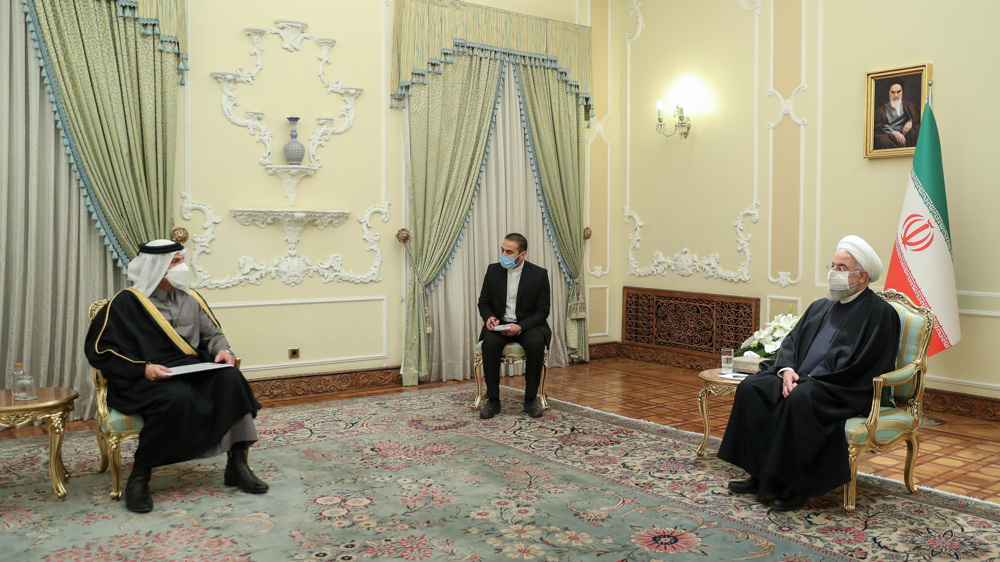
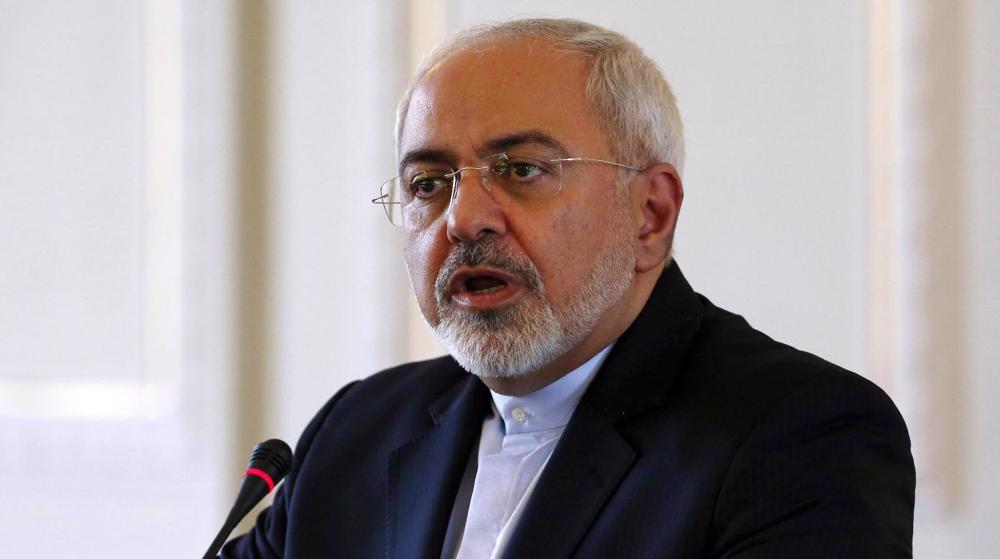

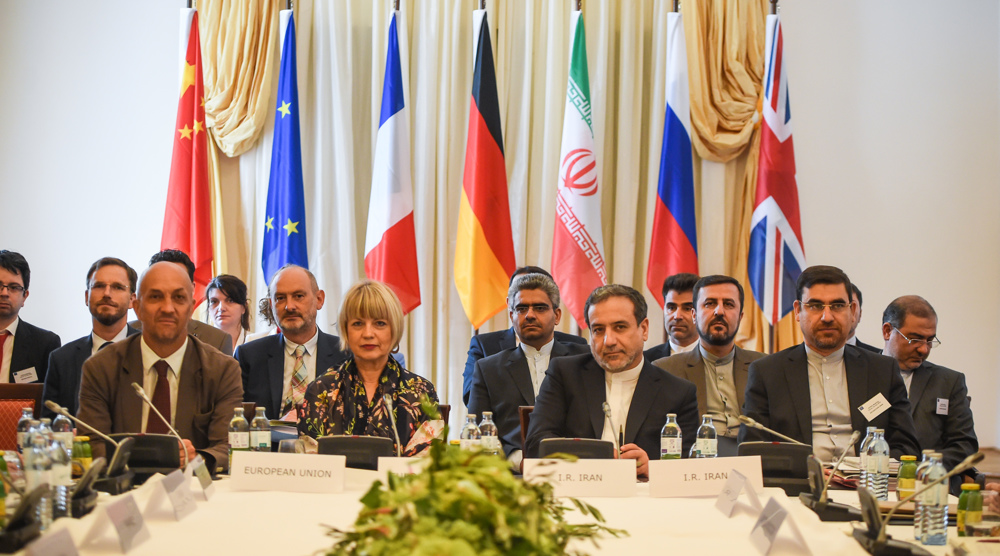
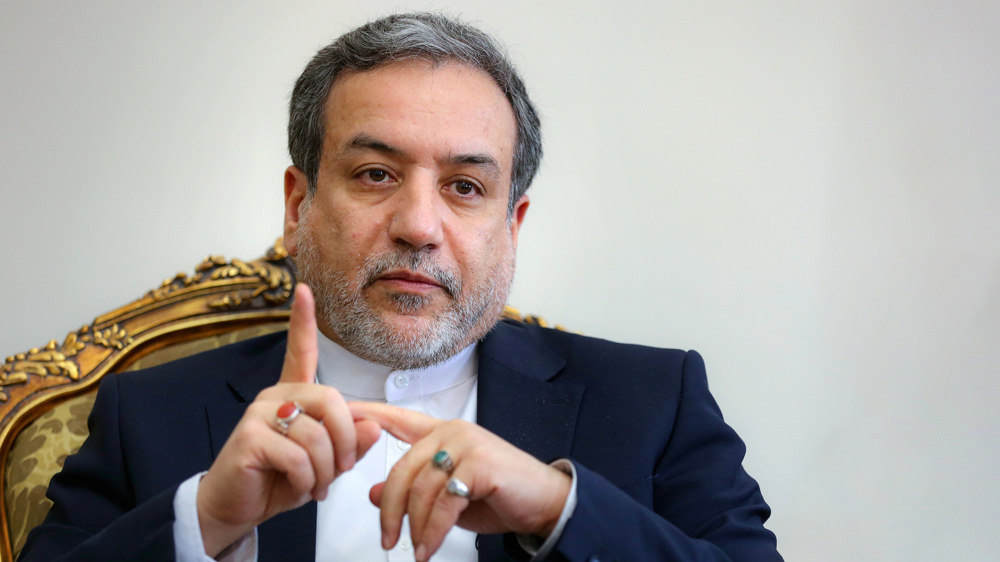
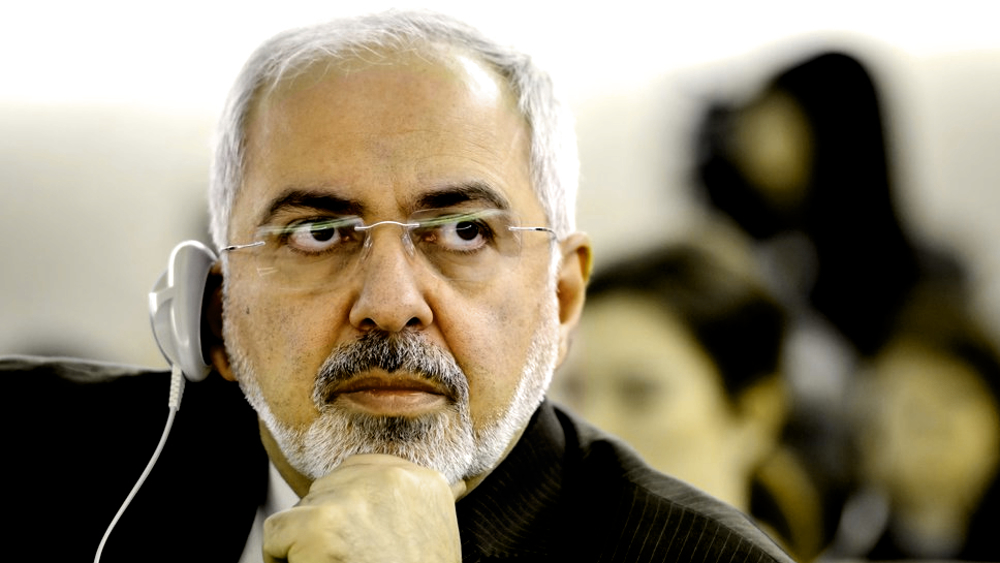

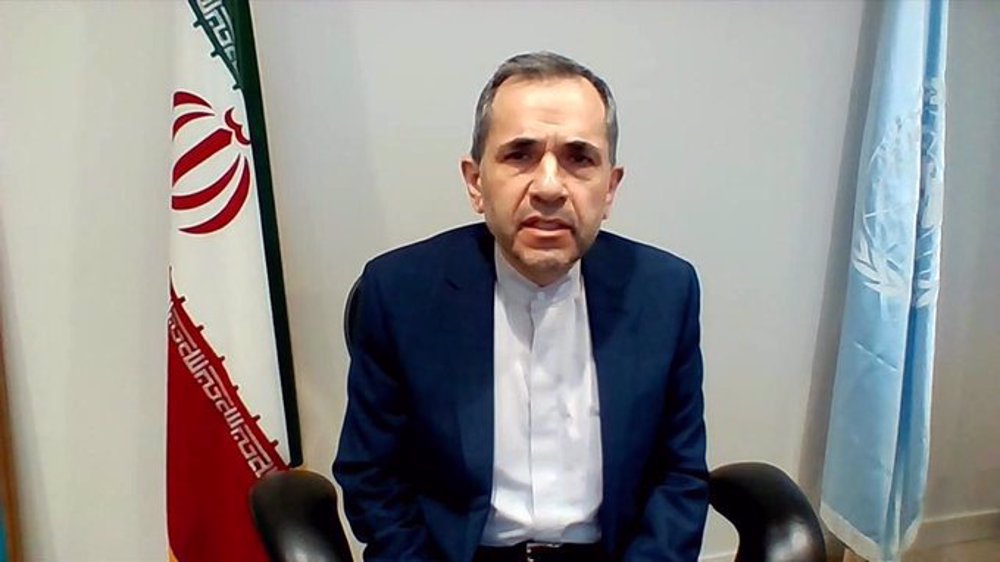



 This makes it easy to access the Press TV website
This makes it easy to access the Press TV website